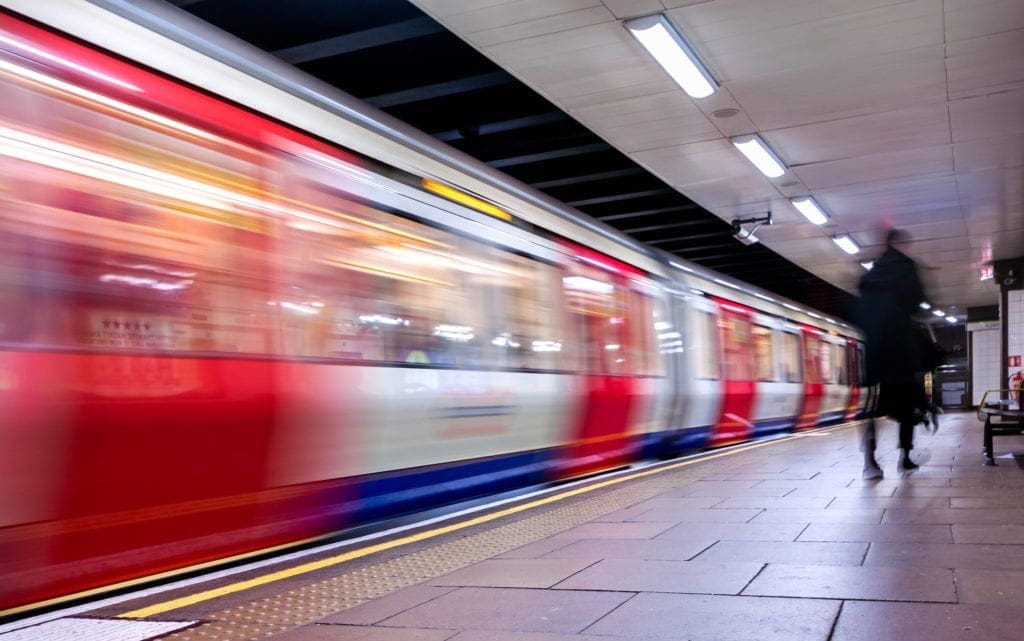
Britain’s rail infrastructure budget has been cut by £1 billion following the Chancellor’s Spending Review.
Rail minister Chris Heaton-Harris said Network Rail’s funding for enhancements during 2019-2024 is £9.4 billion.
This is down nearly 10% on the figure of £10.4 billion which rail regulator the Office of Rail and Road previously calculated was the budget for the five-year period.
Related articles:
- Rail service punctuality declines as passengers return
- Rail engineering work cut to smooth Christmas journeys
- Crossrail gets £825 million more Government funding
Rishi Sunak did not mention the reduction in last week’s Spending Review, telling the Commons the Government would deliver on its “record investment plans in infrastructure”.
A £1 billion shortfall in funding for Network Rail is likely to have a major impact on forthcoming projects.
The Railway Industry Association, a trade body representing rail supply firms, described the decision as “very disappointing”.
Chief executive Darren Caplan said: “Rail enhancements are essential in ensuring our rail network is fit for the future, improving reliability, connectivity, customer experience and helping to reduce carbon emissions.
“Taking our foot off the pedal now on rail investment will not help for when passengers return following the coronavirus pandemic.”
He also urged the Government to reveal what enhancement schemes will be taking place in the coming years “to help rail businesses plan and invest, at what is such a critical time for the UK economy”.
Network Rail’s budget for operations, maintenance and renewals is unchanged.
During the Spending Review, a further £2.1 billion of taxpayers’ money was allocated to covering private train company losses during the coronavirus pandemic.
The Government took over rail franchise agreements from train operators in March, following the collapse in demand for travel caused by the virus crisis.
This involves taxpayers covering lost fare revenue and paying a fee of up to 1.5% of pre-pandemic operating costs to keep services running.
An estimated £8 billion will be spent in the current financial year, with a further £2.1 billion allocated for 2021/22.


